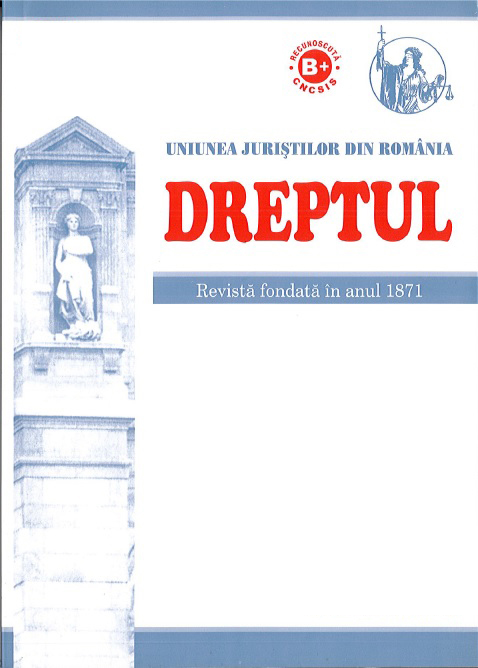The purpose of this study is to present the Case Loomis v. State of Michigan, settled by the Supreme Court of the State of Wisconsin in the United States of America, on how the right to a fair trial may be affected assuming that the solution is pronounced by the judge, having at his disposal, among the usual elements of fact and of law in a classic trial also a report provided by an artificial intelligence system.
The study contextualizes the time and the place in which the case appeared, realizing in its beginning a brief parallel between the characteristics of the American justice system and the European one in the field of fundamental rights, with a marginal incursion in the scope of the principle of proportionality.
In this framework, the respective case is presented with emphasis on the arguments used by the judges of the Court, in order to reach the conclusion that the right to a fair trial is not violated insofar as the conclusions produced by the algorithm are used by observing some guiding principles, drawn on this occasion.
The conclusion of the study shows that the arguments presented in the North American system can remain valid and can be transposed into the European system, when it will face such a problem. Finally, the final part is intended to be a plea for awareness of the immediate reality of artificial intelligence, which will penetrate more and more in the legal field, including in the judge’s office, as well as for a mental openness towards these new concepts.


